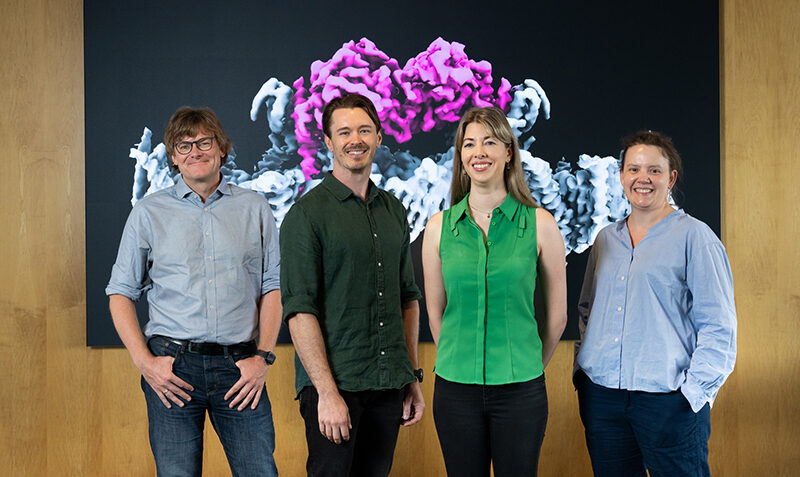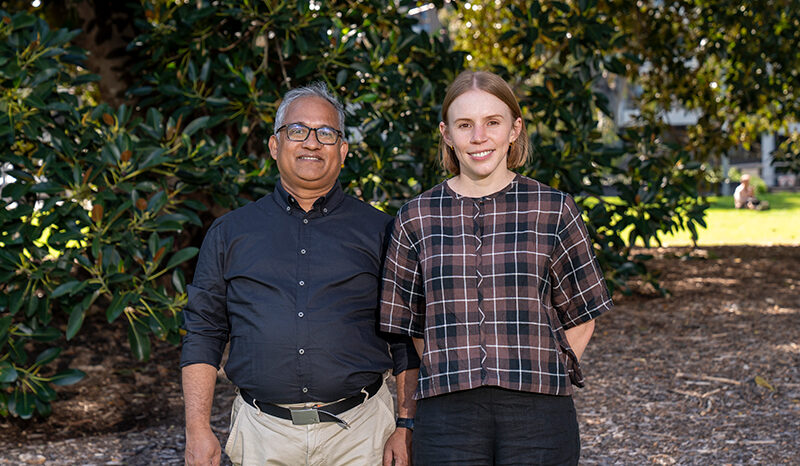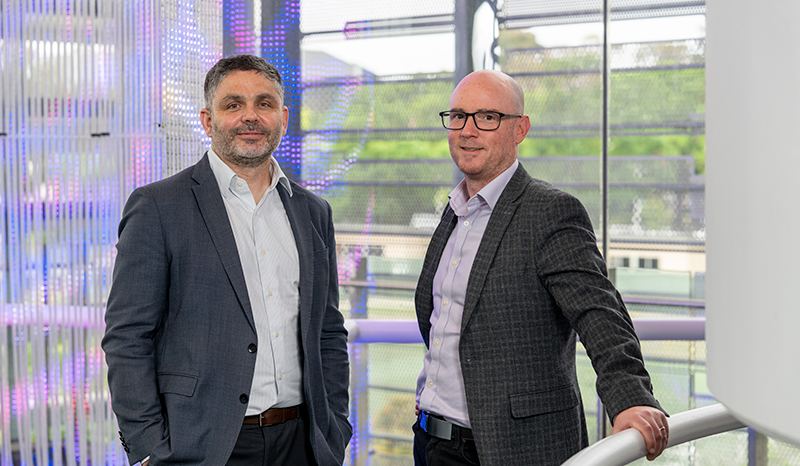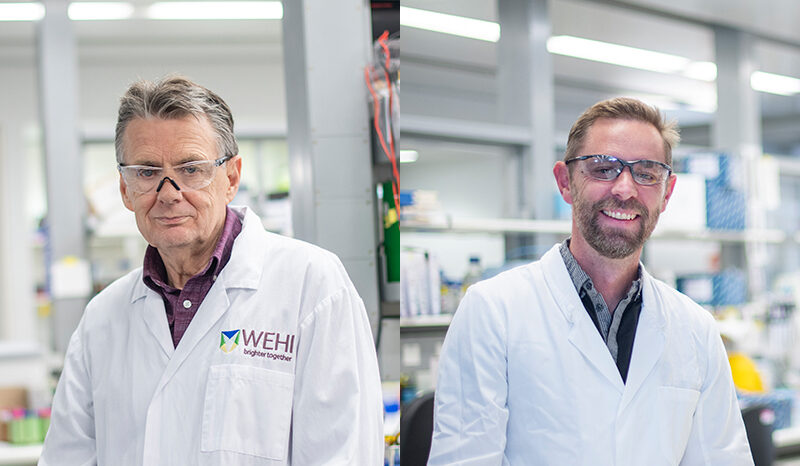A breakthrough in the fight against Parkinson’s
Since its discovery over 20 years ago, the protein PINK1 has been linked to Parkinson’s, and in particular early-onset Parkinson’s disease. But how this protein attached to mitochondria, and was switched on, remained a mystery.
Earlier this year the WEHI team, led by Prof David Komander and Dr Sylvie Callegari revealed for the first time the structure of PINK1 and how it attaches to damaged mitochondria to start the recycling process.
Dr Callegari said of the PINK1 mutation in Parkinson’s disease, “it’s like the recycling manager doesn’t turn up for work so the toxic elements from damaged mitochondria build up, eventually causing neurons to die.”
“Discoveries like this pave the way for precision medicines in Parkinson’s disease. It will allow us to develop drugs that target specific proteins to address particular genetic mutations,” said Dr Callegari.
“We are absolutely thrilled and honoured to win this award. Our discoveries of PINK1 are a testament to years of work and persistence from every member of the team.”









